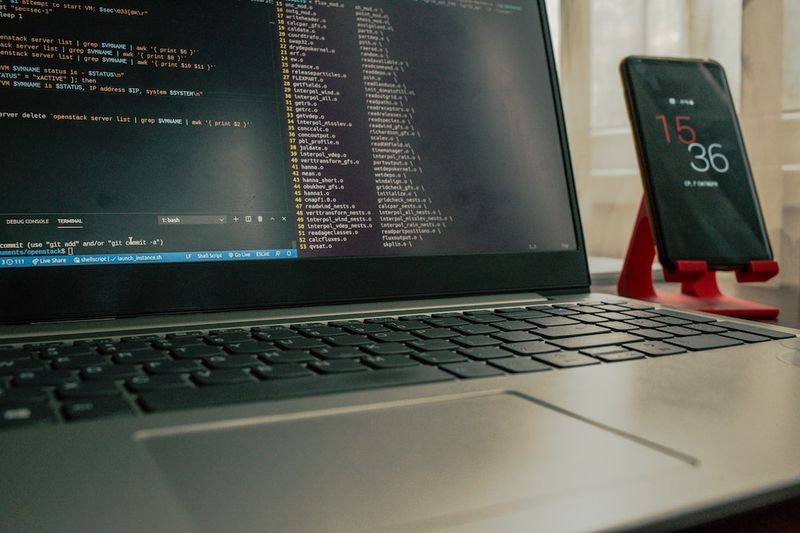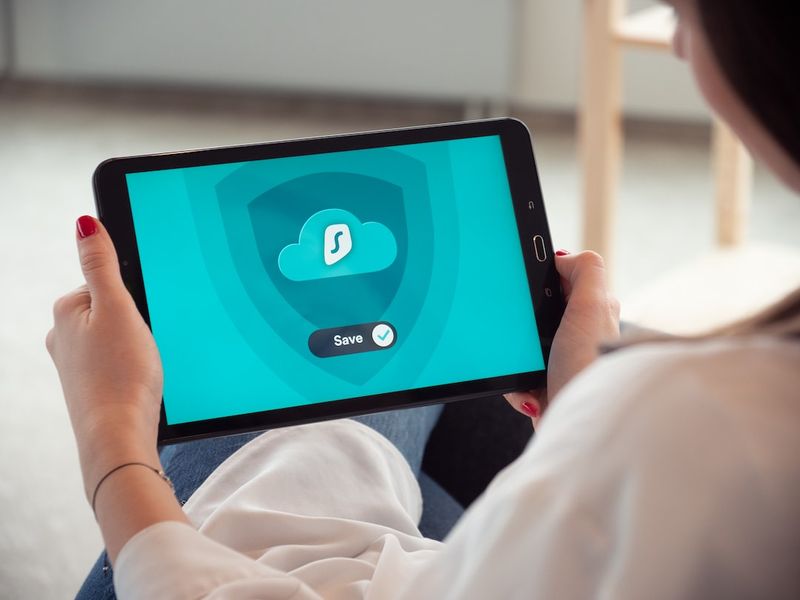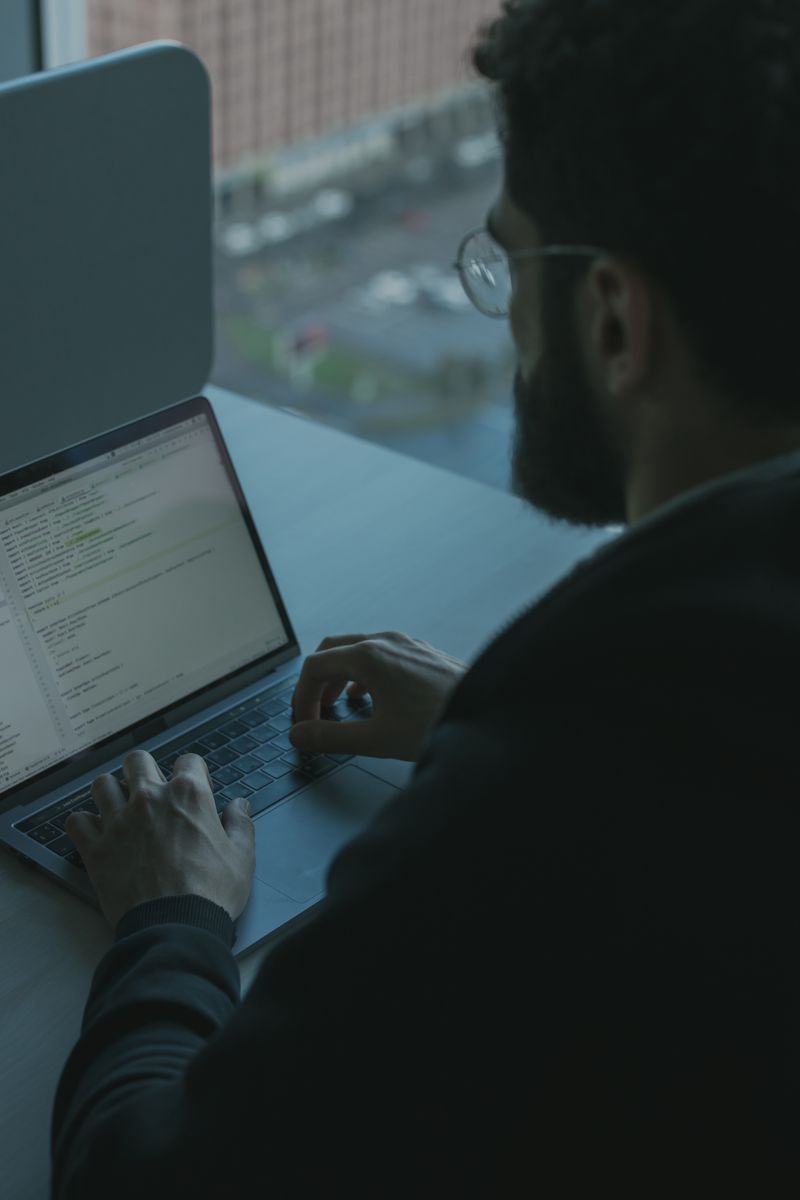The Cl0p ransomware gang has recently identified over two dozen organizations that have fallen victim to a zero-day attack on the MOVEit managed file transfer (MFT) software. The cybercriminal group exploited a vulnerability in MOVEit Transfer, identified as CVE-2023-34362, to gain unauthorized access to these organizations’ data. While evidence suggests that the hackers had been testing the flaw since 2021, the mass exploitation appears to have started in late May 2023.
The Cl0p group, known for exploiting zero-day vulnerabilities in other MFT products like GoAnywhere, has claimed responsibility for the MOVEit zero-day campaign. They have provided a deadline until June 14 for the victims to contact them and prevent the leaked data from being disclosed. If the victims fail to comply, the Cl0p group will make their names public, as they have already done with more than two dozen organizations on their leak website.
The list of victims includes prominent organizations such as energy giant Shell, as well as entities in the financial, healthcare, manufacturing, IT, pharmaceutical, and education sectors. The majority of victims are banks and financial institutions in the United States, followed by healthcare organizations. It is worth noting that the Cl0p group had previously stated that they would not target healthcare facilities for children.
As of now, the ransomware group has not leaked any data from these organizations, but it is unclear whether they have obtained any ransom payments. The first victims to come forward included UK-based payroll and HR company Zellis, the Canadian province of Nova Scotia, the University of Rochester, the Illinois Department of Innovation & Technology, and the Minnesota Department of Education. Additional organizations that have confirmed being impacted by the attack continue to emerge, including Johns Hopkins University, Johns Hopkins Health System, UK media watchdog Ofcom, and a Missouri state agency.
According to Eric Goldstein, the executive assistant director for cybersecurity at the Cybersecurity and Infrastructure Security Agency (CISA), several US federal government agencies have also been affected. The Department of Energy has taken steps to mitigate the impact of the attack. The hackers claim that they only seek ransom payments from businesses and that any government data they obtained has been deleted.
In response to the attacks, MOVEit developer Progress Software has informed customers of another vulnerability that could lead to escalated privileges and potential unauthorized access to the environment. The vendor has released patches to address the issue. This announcement comes shortly after Progress issued patches for CVE-2023-35036, new SQL injection vulnerabilities discovered during the analysis of the zero-day flaw. There is no evidence to suggest that these newer vulnerabilities have been exploited in the wild.
## Security Considerations and Advice
The recent naming of victims by the Cl0p ransomware group raises significant concerns about the state of cybersecurity and the potential consequences of zero-day attacks. It is crucial for organizations to prioritize their cybersecurity defenses and take proactive measures to mitigate the risk of falling victim to such attacks.
### Importance of Internet Security
The increasing frequency and severity of cyberattacks highlight the importance of maintaining robust internet security measures. It is paramount for organizations to regularly update and patch their software applications, operating systems, and network infrastructure to address known vulnerabilities and reduce the attack surface. Implementing firewalls, intrusion detection and prevention systems, and comprehensive security solutions can also help detect and prevent unauthorized access attempts.
### Addressing Zero-Day Vulnerabilities
Zero-day vulnerabilities, like the one exploited in the MOVEit software, present a significant challenge for organizations and software developers. These vulnerabilities are unknown to the public and therefore lack patches or security updates. To address this issue effectively, organizations should establish strong partnerships with software vendors, security researchers, and bug bounty programs to identify and remediate such vulnerabilities promptly. Robust security testing, regular penetration testing, and comprehensive vulnerability management programs are crucial in identifying and addressing potential zero-day vulnerabilities.
### Ransomware Protection and Incident Response
Ransomware attacks continue to evolve and threaten organizations’ sensitive data and operations. To protect against ransomware attacks, it is essential for organizations to implement multi-layered defense mechanisms, including endpoint protection, network segmentation, access controls, and regular data backups. Encrypting sensitive data, maintaining offline backups, and educating employees about phishing and social engineering techniques can also help mitigate the impact of ransomware attacks.
In addition to preventive measures, organizations must establish robust incident response plans to effectively handle ransomware incidents. These plans should include steps for isolating affected systems, assessing the extent of the attack, notifying stakeholders and authorities, and engaging with cybersecurity experts or incident response teams to assist in investigating and remediating the incident.
### Ethical Considerations and Cybersecurity Culture
The rise of cybercriminal groups, such as the Cl0p ransomware gang, raises ethical questions about the motivations and actions of these hackers. It is important for society to engage in ongoing discussions surrounding cybersecurity, privacy, and the appropriate response to cybercriminal activities. Balancing the need for cybersecurity with respect for individual privacy and civil liberties is a complex challenge that requires collaboration among governments, technology companies, security professionals, and ethical experts.
Moreover, organizations should foster a strong cybersecurity culture by prioritizing employee education and awareness. Regular training on cybersecurity best practices, threat intelligence, and incident reporting can help employees become an active line of defense against cyber threats. Encouraging a security-first mindset and promoting the responsible use of technology can significantly enhance an organization’s overall cybersecurity posture.
## Editorial Opinion
The recent disclosure of victims by the Cl0p ransomware group puts organizations at greater risk of reputational damage, financial loss, and potential legal and regulatory consequences. The publication of victims‘ names not only exposes the affected organizations to public scrutiny but also serves as a warning to other potential targets.
These high-profile cyberattacks underline the urgent need for organizations to invest in comprehensive cybersecurity strategies that address both preventive and responsive measures. The ever-changing threat landscape requires continuous monitoring, evaluation, and adjustment of security practices to mitigate emerging risks effectively.
In addition to individual organizational efforts, governments and international bodies must improve collaboration and information sharing to combat cybercriminal activities. The global nature of cyber threats necessitates international cooperation to apprehend cybercriminals, dismantle hacking groups, and discourage future attacks.
Ultimately, the emergence of ransomware groups like Cl0p emphasizes the need for a collective commitment to cybersecurity. It is imperative for governments, organizations, and individuals to acknowledge the severity of cyber threats and work together to create an environment of cyber resilience. By prioritizing internet security, ethical considerations, and a robust cybersecurity culture, we can collectively mitigate the risks associated with zero-day attacks and ransomware campaigns.

<< photo by Dan Nelson >>
The image is for illustrative purposes only and does not depict the actual situation.
You might want to read !
- The Growing Threat of Cybercrime: Arrest Made in Arizona’s Battle Against LockBit Ransomware
- The Lingering Vulnerabilities of MOVEit Transfer: Unveiling a Third Flaw during the Cl0p Ransomware Onslaught
- New Vulnerability Adds to the Woes of MOVEit Transfer App during Cl0p Ransomware Outbreak
- Action1 Secures $20 Million Investment to Enhance Patch Management Platform
- Why a Coalition’s Release of a Security Vulnerability Exploit Scoring System Demands Attention
- The Rise of Cyberespionage: Uncovering China’s Barracuda Zero-Day Attacks
- Exploring the Vulnerabilities of MOVEit as More Zero-Day Attack Victims Emerge
- “Examining the Breach: Unraveling the Intrusion into Energy Department Entities”
- The Growing Threat: Examining the Arrest of a Russian National Linked to LockBit Ransomware Attacks




